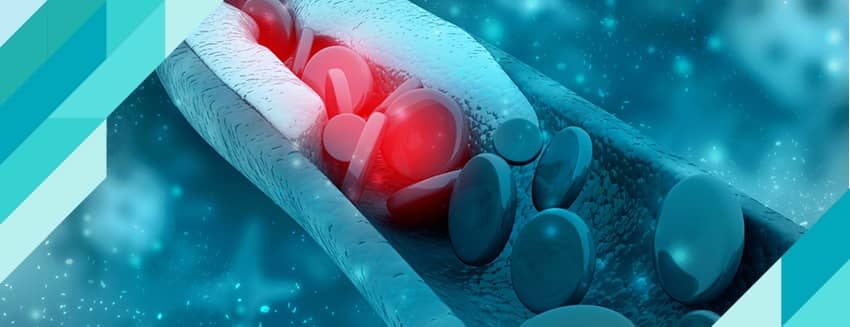
HDL cholesterol, often described as "good cholesterol", is a type of lipoprotein particle that removes bad cholesterol and plaque from the arteries. Lipoproteins are particles made of lipids (fats) and proteins, and their main job is to transport fats in the body, such as cholesterol, to the cells that need them. In a healthy body, HDL cholesterol, which is involved in the production of certain proteins and especially in the synthesis of vitamin D, also helps fight heart disease. Therefore, HDL levels should be high.
Direct medication is not used to raise HDL cholesterol. In cases where bad cholesterol does not decrease with exercise and lifestyle changes, specialists may recommend medication.
What is HDL Test?
The HDL test measures the amount of high-density lipoprotein (good) cholesterol in the blood. High or low HDL levels can cause certain conditions. High HDL levels can reduce the risk of heart disease. You may need this test as part of a routine screening to find out your risk of heart disease. HDL is the type that prevents excess cholesterol from building up in the blood vessels. This level is expected to be high in healthy people. The test is done to check whether HDL cholesterol is high. At the same time, this test determines whether the patient is at risk of cardiovascular diseases.
What should be the normal value of HDL cholesterol?
The normal value of HDL cholesterol may vary depending on age, gender and genetic factors. In general, HDL cholesterol levels are usually evaluated as follows:
- Good: 60 mg/dL (1.55 mmol/L) and above
- Deficient: 40-59 mg/dL (1.03-1.54 mmol/L)
- Bad: 40 mg/dL (1.03 mmol/L) and below
It is recommended that ideal HDL levels should be slightly higher in women than in men. HDL values are evaluated by specialists together with other cholesterol and lipid levels.
Symptoms of Low HDL Cholesterol
Low HDL cholesterol may not show obvious symptoms and in most cases is detected during blood tests. Low HDL levels are often associated with LDL (bad cholesterol) and triglyceride levels, which increase the risk of heart disease.
Is Low HDL Cholesterol a Sign of Cancer?
Although low HDL levels are not a direct sign of cancer, some studies show a link between low HDL levels and cancer risk. In addition, low HDL levels are often associated with heart disease.
What Causes Low HDL Cholesterol?
There are many different reasons why some people have low HDL levels and others have high HDL levels. The factors that cause low HDL cholesterol are:
- Genetic factors,
- Nutrition,
- Lack of physical activity,
- Smoking,
- Overweight and Obesity,
- Diabetes (Diabetes).
Foods that Raise HDL Cholesterol
Foods that increase HDL cholesterol can be listed as follows:
Olive Oil: Olive oil reduces the risk of heart disease more than any other monounsaturated fat. It also increases HDL cholesterol due to its high polyphenol concentration.
Whole grains: Lower bad cholesterol levels and increase HDL cholesterol due to their soluble fiber content.
Legumes: Legumes (beans, chickpeas, lentils, kidney beans), which are among the major sources of fiber, support the increase in HDL levels.
Fiber Fruits: Regular consumption of fruits high in fiber, such as prunes, apples and pears, helps to reduce overall cholesterol levels.
Fatty Fish: Omega-3 fatty acids found in fish such as salmon, tuna, sardines and tuna can lower your LDL levels.
Nuts: Rich in fiber, nuts (hazelnuts, almonds, pistachios, peanuts) are packed with heart-healthy fats and contain a substance called plant sterols that inhibit the absorption of cholesterol in your body.
Avocado: Avocados help maintain HDL levels. It reduces the risk of stroke, heart attack and heart disease. They are also full of fiber, which naturally helps keep cholesterol in check.
